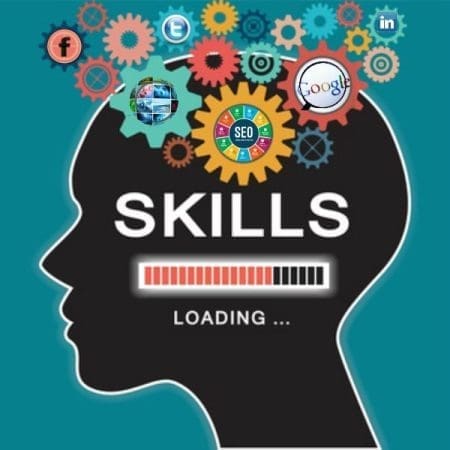Charles Asamoah Assah, Chief Technology and Service Delivery Officer at MTN Ghana, has warned that the country risks losing its competitive advantage under the African Continental Free Trade Area (AfCFTA) without urgent reforms to integrate digital skills training into the education system.
Speaking to The High Street Journal at an MTN programme in Accra, Assah identified the lack of structured digital skills training as the critical missing link between Ghana’s education system and the rapidly expanding fintech industry that has positioned the country as a regional leader.
The MTN executive argued that coding, programming, cybersecurity, and digital marketing must become core components of Ghana’s education curriculum if the country is to maintain competitiveness as AfCFTA opens continental markets to increased competition.
Assah emphasized that Ghana’s competitive position under the continental trade framework will depend on a digitally skilled workforce capable of powering small and medium enterprises, fintech firms, and creative industries across expanded African markets.
Recent MTN Ghana Foundation initiatives demonstrate growing private sector recognition of digital skills gaps. The Foundation recently concluded the National Youth Mentorship Summit 2025, bringing together approximately 800 students and young professionals to address youth empowerment and digital transformation challenges.
Despite Ghana’s significant fintech sector growth driven by mobile money services, digital lending, and e-commerce platforms, Assah noted persistent skills gaps between classroom learning and industry practical needs that threaten future competitiveness.
The warning comes as MTN Ghana continues expanding digital services, including the recent launch of the “Me Nsa Aka” promotion running from September 15 to December 15, 2025, designed to encourage customer transition from traditional Unstructured Supplementary Service Data (USSD) services to digital channels.
Assah highlighted untapped potential within Ghana’s Technical and Vocational Education and Training (TVET) institutions, recommending creation of digital innovation hubs to provide hands-on experience in fintech-related technologies. Research indicates that employment rates of TVET graduates remain low due to poor alignment between program content and market needs.
The executive envisions a multi-skilled, digitally literate workforce spanning traditional sectors, citing examples of welding students who can also code or fashion design students understanding digital marketing and e-commerce tools as essential for African market readiness.
Ghana faces increasing regional competition as countries like Kenya and Rwanda have already implemented coding and digital literacy programmes at basic school levels. Kenya’s Moringa School coding boot camps achieve a 90% job placement rate for graduates in high-demand technology positions.
The government has launched the Ghana Knowledge and Skills Bank (GKSB) portal as a cutting-edge platform designed to bridge skills gaps and revolutionize learning across the country, representing early recognition of digital education challenges.
Assah emphasized collaboration opportunities between government and private sector entities, noting that telecommunications operators including MTN, AirtelTigo, and Telecel possess capacity to support schools with equipment, internet access, internships, and mentorship programmes preparing students for fintech and Information and Communication Technology (ICT) careers.
Beyond fintech applications, digitally skilled talent would benefit Ghana’s small and medium enterprises and creative industries through improved access to digital payment solutions, online marketplaces, and content monetization tools requiring both business and technology understanding.
The executive’s recommendations align with broader continental initiatives, including MTN Group’s Skills Academy targeting 60% proficiency in sustainable digital skills among youth and adults across its markets by 2025, supporting African Union Digital Transformation strategy objectives.
Current educational approaches risk preparing students for obsolete job categories while future economic opportunities demand new competencies. The fintech revolution extends beyond applications and transactions to fundamentally transform how economies operate, work, and compete globally.
Private sector engagement reflects growing recognition that traditional educational institutions alone cannot address rapid technological advancement pace. Industry partnerships become essential for maintaining relevance and preparing workforce capabilities matching market evolution.
Ghana’s position as West Africa’s fintech leader provides foundation for continental expansion under AfCFTA, but maintaining this advantage requires systematic education reform integrating digital competencies across curriculum levels from secondary through tertiary and vocational institutions.
Technical and Vocational Education and Training institutions represent particular opportunities given their practical orientation, but current research indicates poor alignment between government growth priorities and TVET program content, limiting graduate employment prospects.
The urgency surrounding digital skills development reflects AfCFTA’s potential to transform African trade dynamics, with digitally prepared economies positioned to capture disproportionate benefits from expanded market access and cross-border commerce opportunities.
Youth unemployment solutions require matching educational preparation with employer demands, particularly in rapidly growing sectors like fintech that depend on innovation capabilities developed through structured digital skills training from secondary school through higher education levels.
Source: newsghana.com.gh











